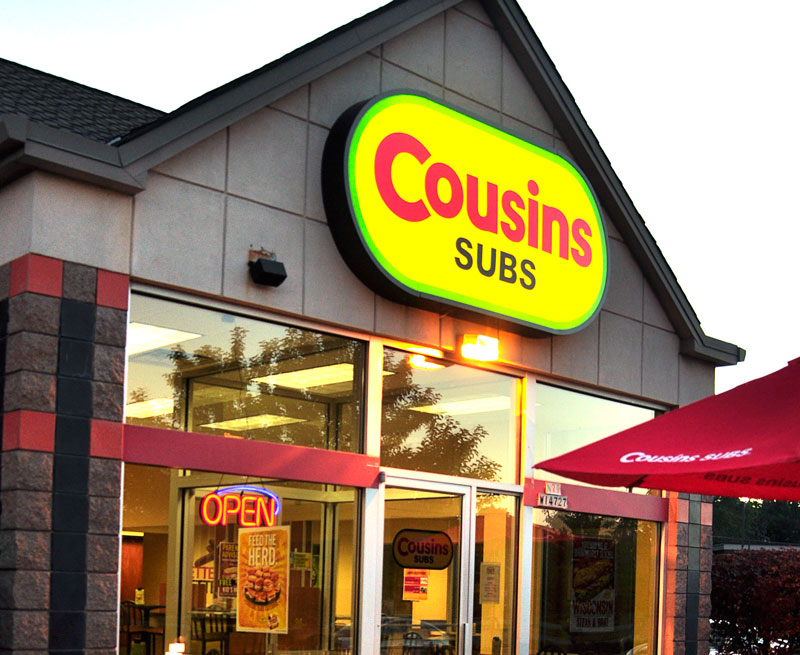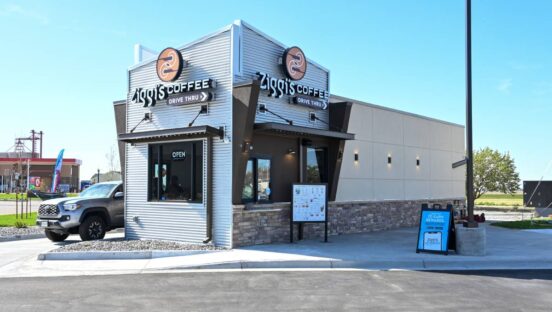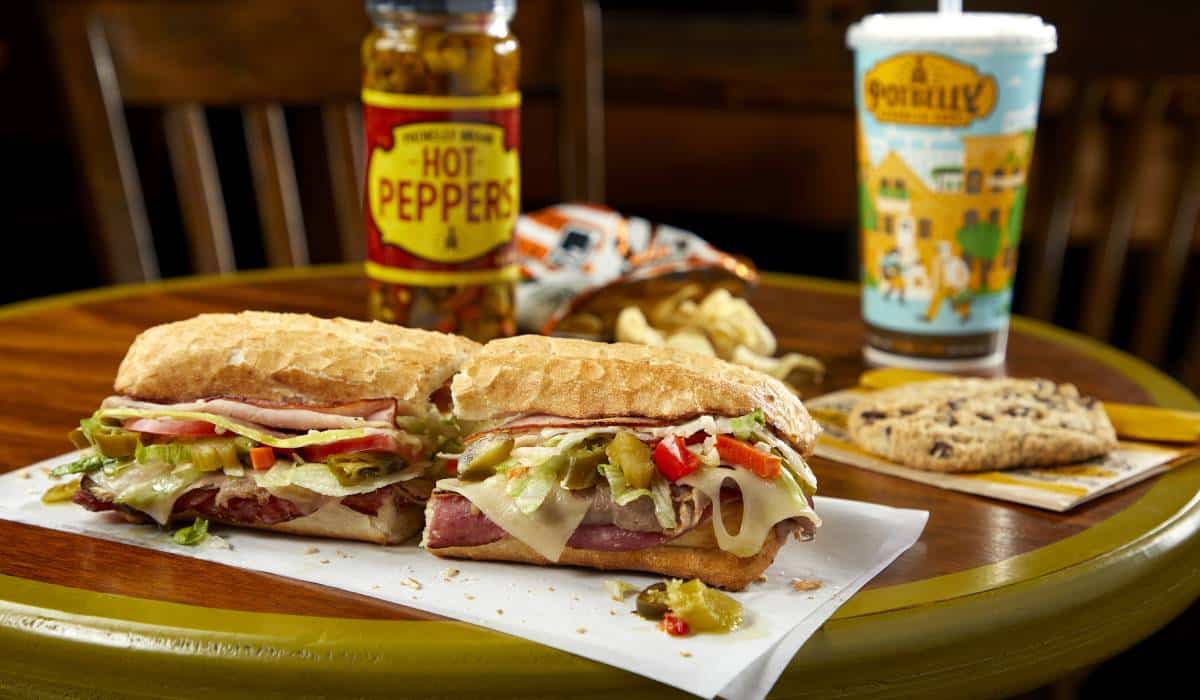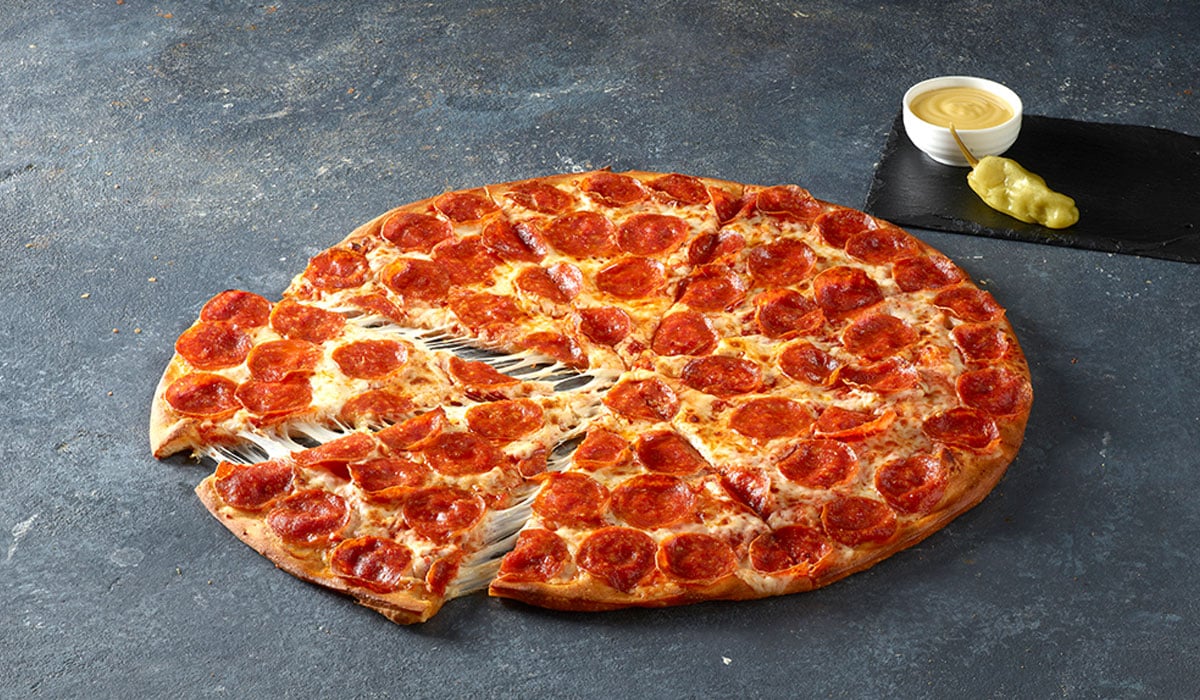Whether they’re attending trade shows or paying visits to existing franchisees, quick-service operators still rely on boots-on-the-ground approaches to recruiting new franchisees. But with the economy still struggling to take off, some brand executives say a little creativity is also needed to attract talented, driven people in 2013.
David Prokupek, chairman and CEO of Smashburger, says his company is taking a holistic approach to franchising this year, combining high visibility at trade shows and booking time with promising referrals.
“This year, we’ll be looking at a number of people who have just sold to McDonald’s, for example,” Prokupek says. “We’ll find folks who have done well and have enough capital. Because we are building both corporately and with multiunit operators, we are pretty strategic.”
Some operators are focusing on spiffing up the look and feel of their brand to draw in franchisees. Smashburger, for instance, will concentrate on keeping its website—a main source for inbound leads—up to date and attractive, Prokupek says.
Meanwhile, Larry Hill, president of Smiling Moose Deli, says he hopes recent interior-design changes, like the coffee bar and salad station that were just added to the flagship Edwards, Colorado, location, will demonstrate to potential franchisees where his company is headed this year. Hill says solid franchise leads often come from the restaurants, mostly from people passing through Colorado on vacation.
Sometimes, however, it’s not the attractiveness of the brand that draws an investor, but rather the attractiveness of the incentives offered by the franchisor.
Cousins Subs is pushing more multiunit franchising in 2013, specifically focusing on investors interested in owning three to five units. The brand’s recently launched “Founders Program” will reinvest all franchise fees—$25,000 for the first store and $17,500 for each additional—into local-store marketing for the properties.
“[Owning] multiple stores takes a different kind of investor, one with more liquidity,” says Joe Ferguson, vice president of development for Cousins Subs. “One-store programs are available in markets like Phoenix and Wisconsin, where we’re already open for business. Three or five, however, is a different investment threshold.”
Prokupek says he is also noticing sustained interest in the multiunit marketplace. Smashburger, which is half franchised and half corporately owned, will launch an owner-operator program targeting those who want to build 15–20 restaurants.
The good news for operators, whether they’re hoping to secure one-store or 20-store deals, is that interest in franchising seems to have picked up. Matthew Haller, director of communications at the International Franchise Association in Washington, D.C., says January’s Franchise Expo South in Miami brought record attendance, indicating strong-as-ever interest in franchising.
“There were lines to get in,” Haller says. “We haven’t seen that since 2007.”
Last year’s uptick in small-business lending was likely a contributor to the healthy turnout, Haller says, adding that quick serves in particular are helping lead the growth.
Prokupek also believes demand for franchising within the quick-service and fast-casual industries will increase this year, despite rising food costs, changes to health-care laws, and consumers’ dollars being stretched. Brands like Smashburger, he says, are in a good spot.
“Being more simple is benefitting fast casuals—great food and simple to operate in 1,000–2,000 square feet,” he says. “Burgers are growing, fast casual is growing, and the capital requirement has us in a good spot [because] in this economy, capital is hard to come by.”
Haller says operators should expect to see more franchise interest from Hispanics in 2013. At present, minorities own 21.2 percent of quick-service restaurants, he says.
The year will also see more interest in franchising from veterans.
“With troop drawdowns, officers in particular are looking for ways to go into business for themselves,” Haller says. Many brands already tap into veterans’ interest; through the IFA’s VetFran program, more than 500 franchisors offer financial incentives to veterans. In some cases, they waive the franchise fee entirely, Haller says.
Hill says he’s optimistic about the year ahead in franchising, noting that the entrepreneurial spirit of people who were laid off during the recession has been a boon to operators like Smiling Moose Deli. He plans to open five units in 2013, a lot for a brand with only 18 locations.
“I’ve got two sets of franchisees coming in town already [in January],” he says. “Usually this isn’t until the warmer months. And when they commit to coming out here, they’re 80 percent of the way to making a decision.”













